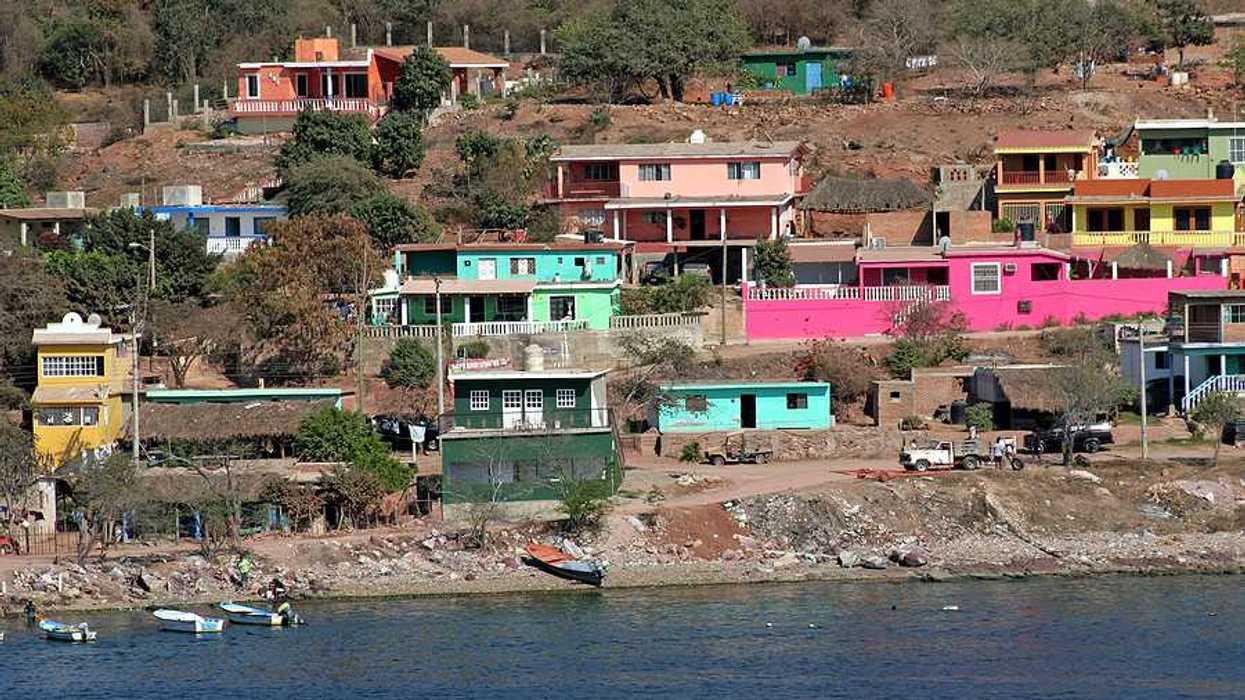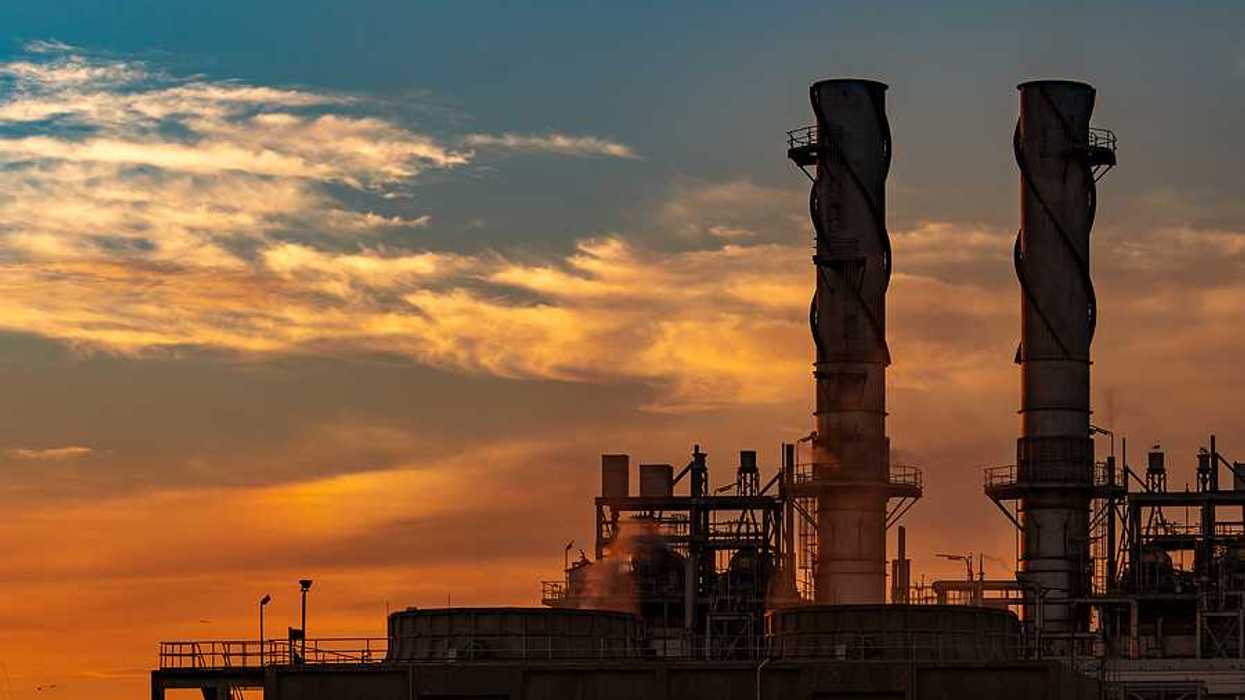When negotiators meet in Belem for November’s United Nations climate summit, they will confront the Amazon’s deforestation and poverty rather than the luxury settings of past talks.
Seth Borenstein reports for The Associated Press.
In short:
- Brazil chose Belem, a high-poverty Amazon city, for COP30 to spotlight deforestation and inequality rather than hide them behind tourist destinations.
- The summit coincides with countries’ overdue updates to their Paris Agreement emissions plans, which U.N. officials warn still fall short of the 1.5-degree Celsius target.
- Brazil faces housing shortages and soaring hotel costs for the expected 90,000 attendees, prompting plans to dock cruise ships and prioritize bookings for poorer nations.
Key quote:
“We cannot hide the fact that we are in the world with lots of inequalities and where sustainability and fighting climate change is something that has to get closer to people.”
— André Corrêa do Lago, COP30 president-designate
Why this matters:
Holding the summit in Belem forces climate diplomacy into direct contact with the Amazon rainforest, whose health affects global weather patterns and carbon storage. The region absorbs vast amounts of carbon dioxide but has seen deforestation push some areas into emitting rather than storing carbon. The meeting also underscores a broader tension in climate talks: Richer nations drive most emissions, yet poorer regions like the Amazon bear the brunt of climate harm and have fewer resources to adapt.
Related: Amazonian city prepares for climate summit amid pollution and inequality














